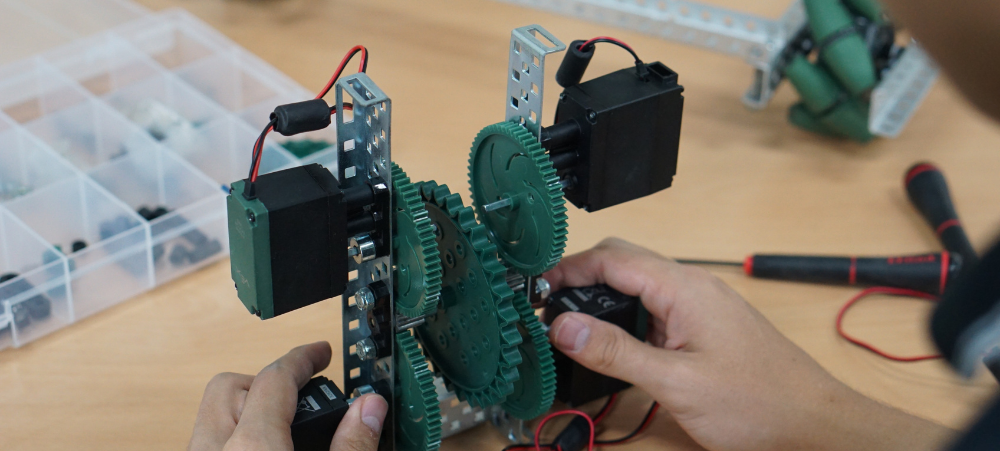Attention Deficit Hyperactivity Disorder (ADHD) is a neurodevelopmental condition that affects millions of children worldwide. One of the challenges that children with ADHD often face is learning disabilities, which can impact their academic performance and overall well-being. As parents, caregivers, and educators, it’s essential to understand how to provide effective support to children with ADHD learning disabilities. In this guide, we’ll explore strategies and resources to help unlock the potential of these remarkable individuals.
Understanding ADHD and Learning Disabilities
ADHD is characterized by symptoms such as impulsivity, hyperactivity, and difficulty sustaining attention. In addition to these challenges, many children with ADHD also experience learning disabilities, which can affect their ability to process information, organize tasks, and retain knowledge. Common learning disabilities associated with ADHD include dyslexia, dyscalculia, and auditory processing disorder.
Early Identification and Assessment
Early identification and assessment are crucial for supporting children with ADHD learning disabilities. If you suspect that a child may be struggling with ADHD or a learning disability, it’s essential to seek professional evaluation and diagnosis from qualified healthcare providers or educational specialists. A comprehensive assessment can help identify specific areas of difficulty and inform personalized interventions.
Creating a Supportive Environment
Creating a supportive environment is key to helping children with ADHD learning disabilities thrive. This includes establishing clear routines, providing structured guidance, and minimizing distractions in the learning environment. Simple strategies such as breaking tasks into smaller, manageable steps and using visual aids can help children stay focused and organized.
Implementing Individualized Education Plans (IEPs) and Accommodations
Individualized Education Plans (IEPs) and accommodations are essential tools for supporting children with ADHD learning disabilities in school settings. These plans outline specific goals, accommodations, and interventions tailored to the child’s unique needs. Examples of accommodations may include extended time on assignments, preferential seating, and access to assistive technology.
Utilizing Multimodal Learning Approaches
Children with ADHD learning disabilities often benefit from multimodal learning approaches that engage multiple senses and learning styles. Incorporating hands-on activities, interactive games, and kinesthetic learning techniques can enhance comprehension and retention of information. Additionally, providing frequent breaks and incorporating movement into lessons can help children with ADHD stay focused and engaged.
Encouraging Self-Advocacy and Self-Regulation
Empowering children with ADHD learning disabilities to advocate for themselves and develop self-regulation skills is essential for their long-term success. Encourage open communication, teach problem-solving strategies, and provide opportunities for children to practice self-monitoring and self-reflection. By fostering autonomy and resilience, children can learn to navigate challenges and advocate for their needs effectively.
Collaborating with Parents, Educators, and Healthcare Providers
Collaboration among parents, educators, and healthcare providers is crucial for providing comprehensive support to children with ADHD learning disabilities. Regular communication and collaboration allow for the sharing of insights, progress monitoring, and adjustment of interventions as needed. By working together as a team, stakeholders can create a supportive network that maximizes the potential of children with ADHD learning disabilities.
Accessing Supportive Resources and Services
Numerous resources and services are available to support children with ADHD learning disabilities and their families. These may include tutoring programs, educational therapists, support groups, and community organizations specializing in ADHD and learning disabilities. Additionally, online resources, books, and workshops can provide valuable information and guidance for parents and educators navigating the challenges of ADHD and learning disabilities.
Conclusion
Supporting children with ADHD learning disabilities requires patience, understanding, and a collaborative approach. By implementing personalized strategies, creating supportive environments, and accessing available resources, we can help unlock the potential of these remarkable individuals and empower them to thrive academically, socially, and emotionally. Together, we can make a positive difference in the lives of children with ADHD learning disabilities and ensure they reach their full potential.
- A New Year of Innovation: Why 2026 Is the Moment to Choose a Trusted Online School - January 29, 2026
- January Admissions 2026: How to Ensure Your Child Is Registered with a Legitimate Online School - January 21, 2026
- Starting the Year Strong: How Online Schools Are Redefining Academic Support in 2026 - January 16, 2026





